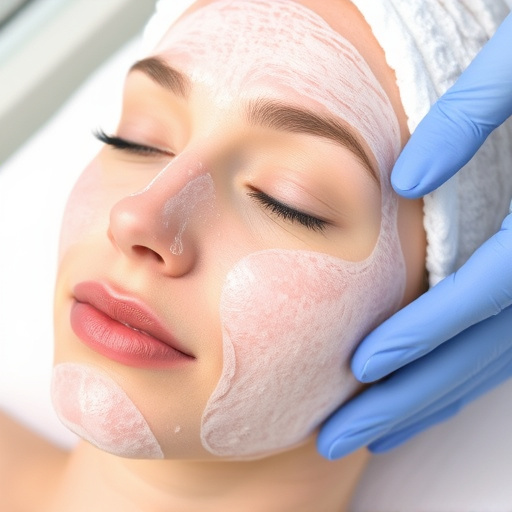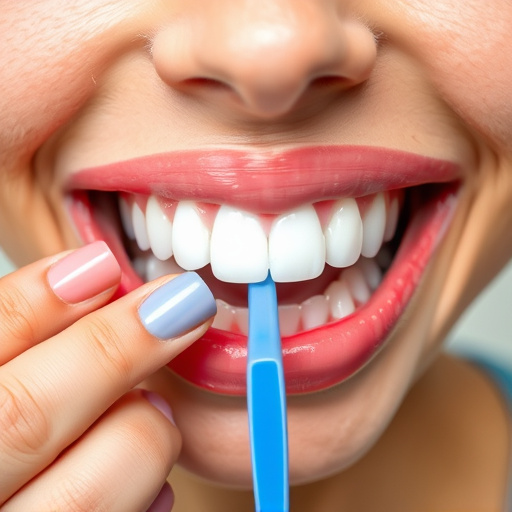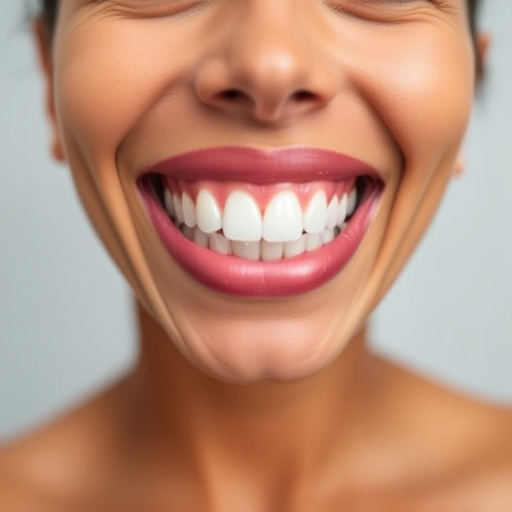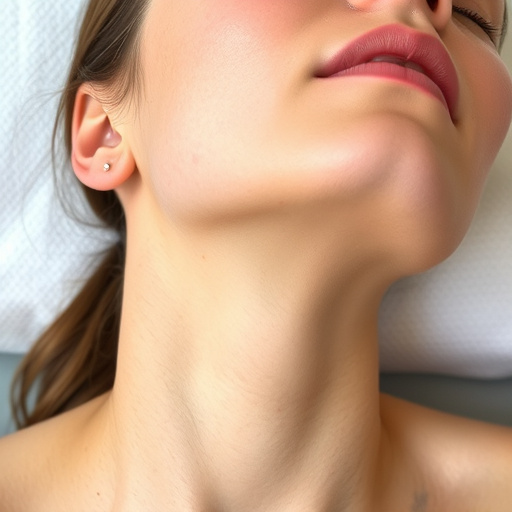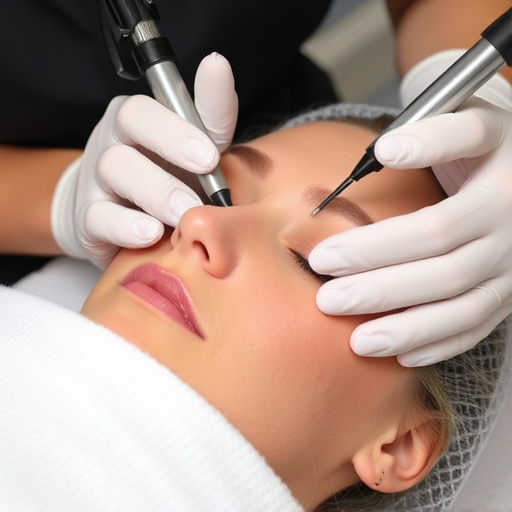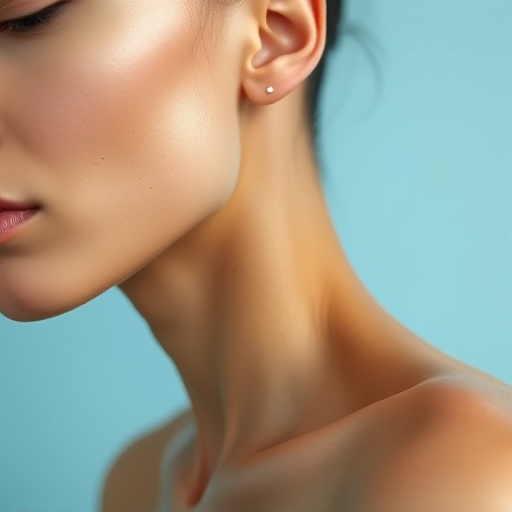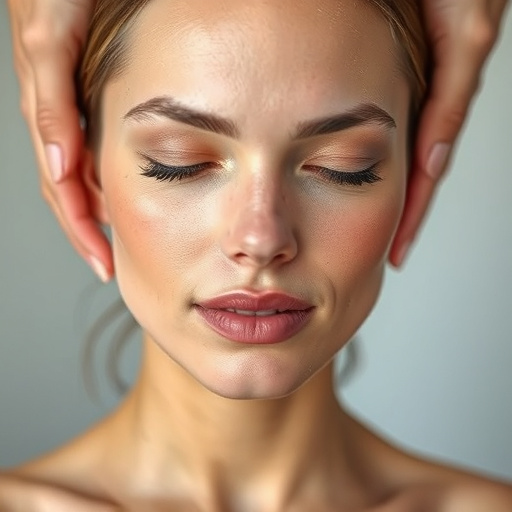Acne scars result from damaged collagen during flare-ups, leading to various types. Modern aesthetics offer gentler techniques like customized facials, chemical peels, and topical treatments with retinoids, vitamin C, and hyaluronic acid to stimulate collagen production and minimize scars. Microneedling and other non-invasive procedures also show promise. Lifestyle changes, such as a balanced diet, hydration, and exercise, enhance treatment effectiveness from within.
Acne scars can leave lasting marks on the skin, but effective treatments exist to minimize their appearance with minimal side effects. This article delves into the world of acne scar treatment, offering insights on understanding scar formation and exploring a range of safe and proven options. From topical remedies to lifestyle adjustments, discover complementary strategies to achieve clearer, more confident skin. Uncover the best approaches for treating acne scars and reclaim your radiant complexion.
- Understanding Acne Scar Formation and Treatment Options
- Topical Treatments: Effective and Low-Risk Approaches
- Lifestyle Changes: Complementary Strategies for Better Results
Understanding Acne Scar Formation and Treatment Options
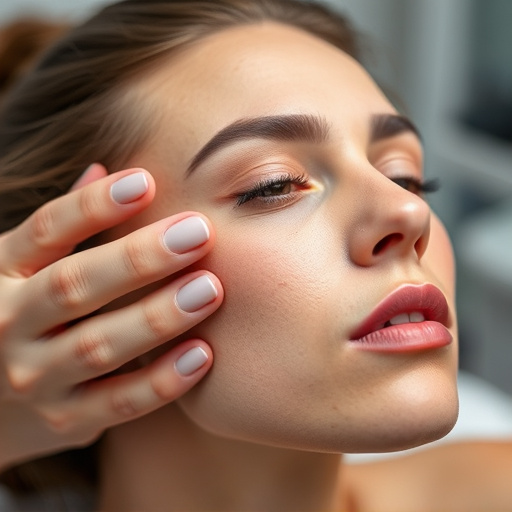
Acne scars form when the skin’s collagen is damaged during an acne flare-up. Collagen is a protein that gives skin its elasticity and structure, so when it’s compromised, scars can result. There are several types of acne scars, including depressed scars (where the skin dips below the surface), elevated scars (also known as keloid scars), and atrophic scars. Understanding your specific scar type is crucial for choosing the right treatment.
Treatment options for acne scars have evolved significantly, offering individuals more effective and safer choices. Traditional methods include dermabrasion, laser resurfacing, and microdermabrasion. However, modern aesthetics have introduced gentler approaches like customized facials, chemical peels, and advanced topical treatments. These non-invasive acne scar treatment techniques focus on stimulating collagen production, improving skin texture, and minimizing the appearance of scars while carrying minimal side effects.
Topical Treatments: Effective and Low-Risk Approaches
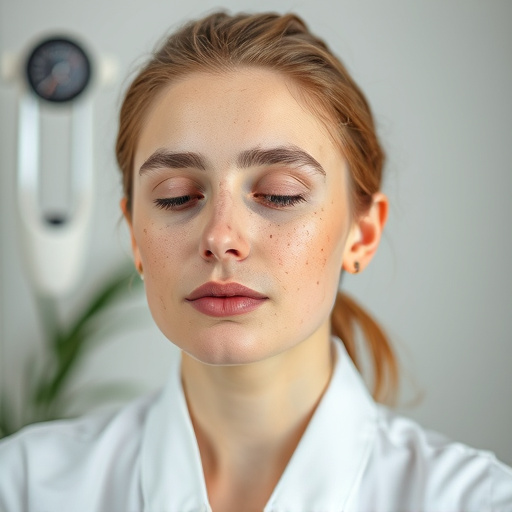
Topical treatments for acne scars have evolved significantly, offering effective and low-risk approaches to achieving clearer, smoother skin. Products containing ingredients like retinoids, vitamin C, and hyaluronic acid are commonly recommended by dermatologists. These substances not only help in exfoliating dead skin cells but also stimulate collagen production, a key component in skin rejuvenation. Retinoids, for instance, can significantly reduce the appearance of both superficial and deep acne scars over time.
Microneedling therapy is another non-invasive procedure gaining popularity. This involves using tiny needles to create controlled micro-injuries in the skin, which prompts the body’s natural healing process to kick in, resulting in improved texture and a more even skin tone. Additionally, some topical treatments incorporate ingredients known for their skin tightening properties, offering not just scar reduction but also enhanced skin elasticity. These safe and effective methods provide individuals with options tailored to their specific needs, ensuring they can achieve desirable results without enduring significant side effects.
Lifestyle Changes: Complementary Strategies for Better Results
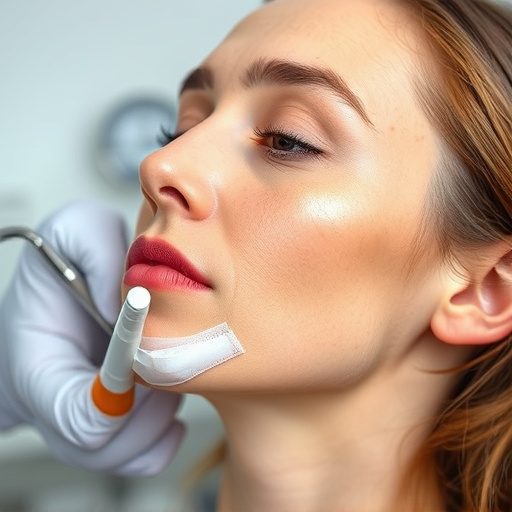
Implementing lifestyle changes can significantly complement your acne scar treatment regimen, leading to better and more lasting results. Firstly, focus on maintaining a balanced diet rich in antioxidants and vitamins to promote skin health from within. Incorporating foods like berries, leafy greens, and citrus fruits can help reduce inflammation and support collagen production, which is crucial for scar rejuvenation.
Additionally, staying hydrated is paramount. Drink plenty of water throughout the day to keep your skin plump and supple. This simple step can minimize the appearance of acne scars by enhancing skin elasticity. Further, regular exercise not only benefits your overall health but also boosts blood circulation, ensuring essential nutrients reach every part of your body, including your skin. Consider incorporating gentle cardio or yoga into your routine for a holistic approach to both physical and skin well-being.
Acne scars can be a persistent reminder of past skin issues, but with the right approach, effective acne scar treatment is achievable. By understanding how these scars form and exploring both topical treatments and lifestyle changes, individuals can significantly improve their skin’s appearance. The low-risk, yet high-impact strategies outlined in this article empower folks to take control of their skin health and embrace a clear, confident future. Remember, consistent care and patience are key when addressing acne scars.



